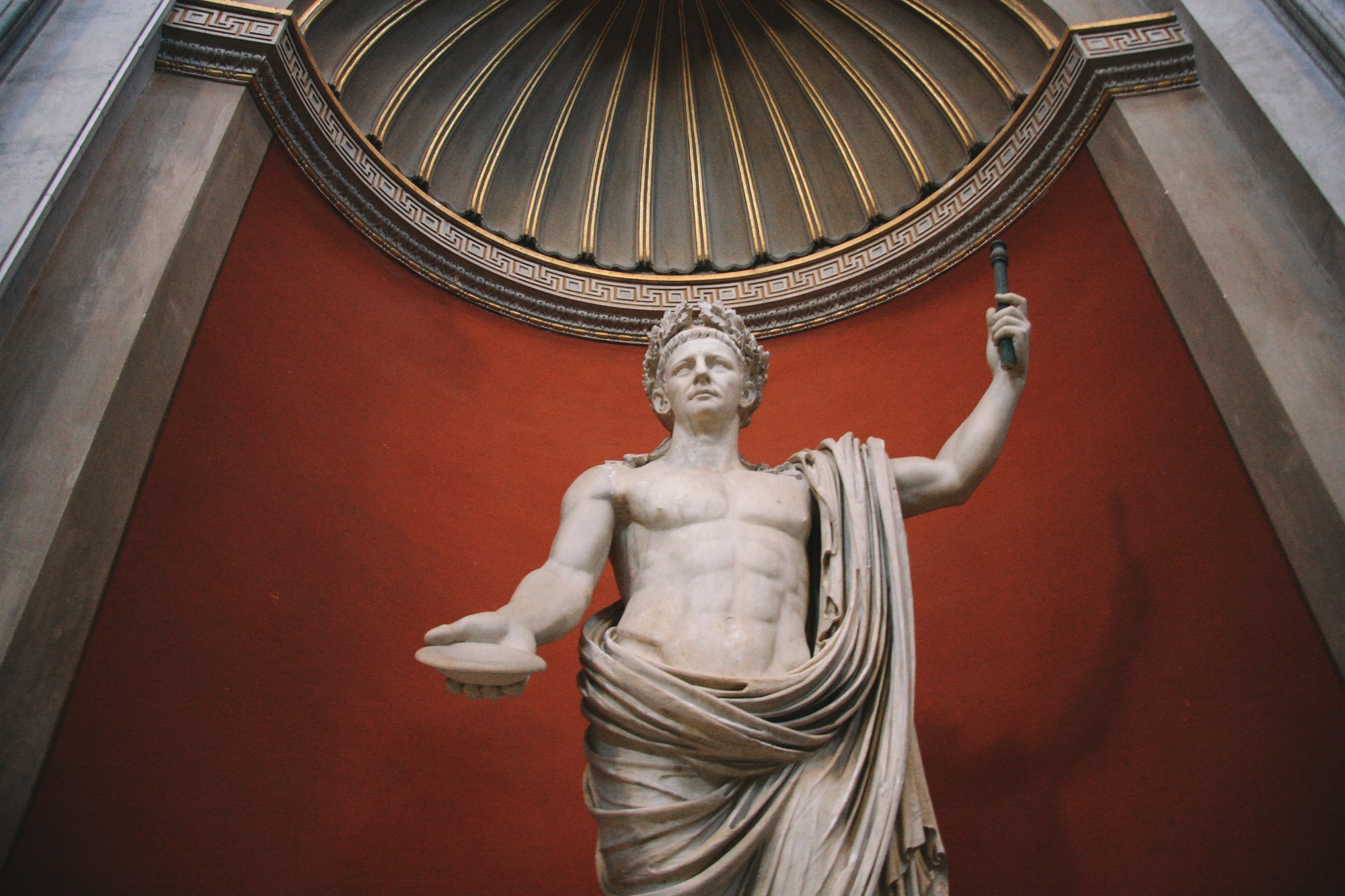The most important lesson from stoicism

What do Theodore Roosevelt, George Washington and Adam Smith have in common? They all admired stoicism. Marcus Aurelius is a roman emperor who was a famous stoic. He had the weight of the world on his shoulders and yet had to be a good man in a backstabbing and political evironment of the roman court. Over 2000 years later, I still believe his philosophy applies to our daily lives. For this article, I will write about my favourite lesson from stoicism (out of many):
Focus on what you can control.
Focus on the items within your direct control instead of focusing on the things you can’t control; Why? For many things, such as romantic relationships, career goals, and business outcomes, a significant portion is outside your control, especially the ultimate outcome. Given our limited attention, motivation and energy, focusing on what you can control is more efficient and effective.
In your current situation, determine what you can control and what you can't control. Double down on those you can manage, and do not worry about those you can't.
One thing you can always control is your perspective on events.
Your perception and interpretation of events is everything.
Firstly, if possible, always view the situation from first principles. If you’re scared of the dark, consider that darkness is simply the lack of photons. Or consider that applause is just sound waves generated by hitting our hands together. Money is merely a database entry in a bank.
Secondly, don’t complain, even internally to yourself. For example, you might get hurt and feel physical or emotional pain. However, any extra suffering from self-pity and complaining is voluntary and entirely based on your perspective. In a way, there is no bad fortune. At most, these are neutral events in your life.
Thirdly, consider if you can shift and think positively about the event. Practice it daily. Consider it good luck that you have encountered the misfortune. Think that perhaps it can help you grow in a certain way or exposes you to a problem to avoid in the future. What doesn’t kill you can and will only make you stronger.
“The impediment to action advances action. What stands in the way becomes the way.” - Marcus Aurelius.
Case study: When you receive unkindness (from Marcus Aurelius).
When you receive unkindness, either they are correct or they are wrong. If they are right, then you have no right to complain. If they are wrong, then they are misguided. If so, think about how often you have made a mistake yourself - by all means, point out why they are wrong, but do so affectionately, not meanly, speak directly to them. Nature has provided you with the tools to counter unkindness - kindness, very few can continue to be unkind to you when you continue to be kind. Your task is to be good. If you mistakenly trust an untrustworthy person, recognise that evil, trustworthy or even bad people exist in the world, and to expect not to encounter them is foolish. Say to yourself, “I have encountered one of them; this is expected from time to time. Then remember that for any evil men do you, it only harms your soul if you do evil. “The noblest kind of retribution is not to become like your enemy.”
Of course, if we follow this logic, then we should be wishing misfortune on ourselves. Having unnecessary troubles isn’t good, and we should try to learn lessons from other people's mistakes as much as we can instead of making them ourselves. Most importantly, be practical.
Finally, finding a different perspective in truly horrible situations might be challenging. I find that the design mindset is superior in finding solutions when encountering a problem. In the first step of the design process - we contextualize the situation. Depending on how you frame the problem, it results in different solutions. Try getting a different perspective using the following techniques (read more here):
- Try viewing it from 1st (I), 2nd (you) and 3rd (he/she) perspective
- Try imagining what a new person will encounter when facing your problem
Then remember that: “Every problem is an opportunity” and ideate solutions - say to yourself, “How might we “... Defer judgement of the ideas; at this point, we are only brainstorming. Only after we are done brainstorming, then we choose and select the most promising idea. Finally, prototype the idea, test and iterate the prototype. This is just a summary of the design process, and design thinking deserves its standalone article (which I will write later, subscribe to be notified!).
In conclusion:
- Focus on what you can control
- One thing you can always control is your perspective on things
- View things from first principles, never complain and view things positively
- Use design thinking to frame problems and brainstorm solutions
Practice this daily to have the temperament to overcome challenges in the future!
As always, let me know what you think about the article below in the comment section!
